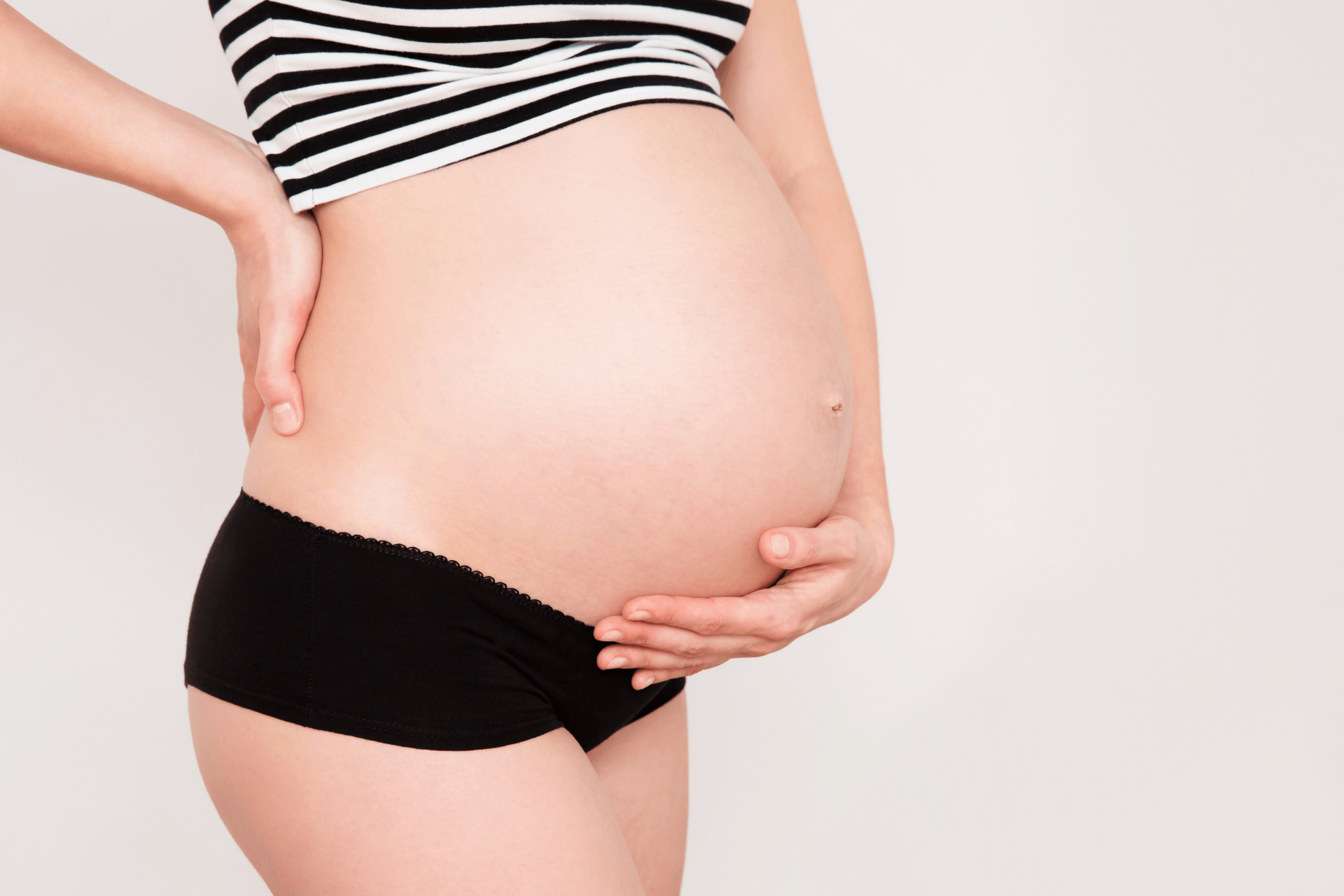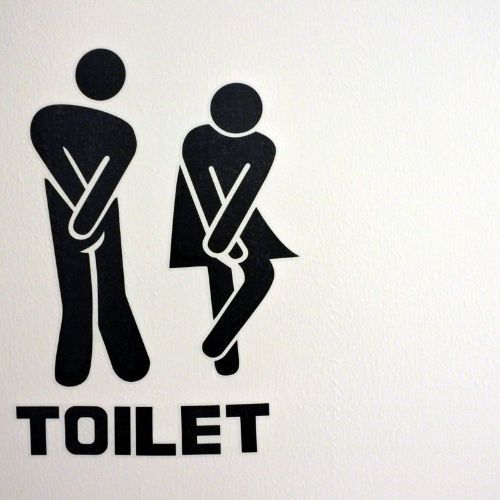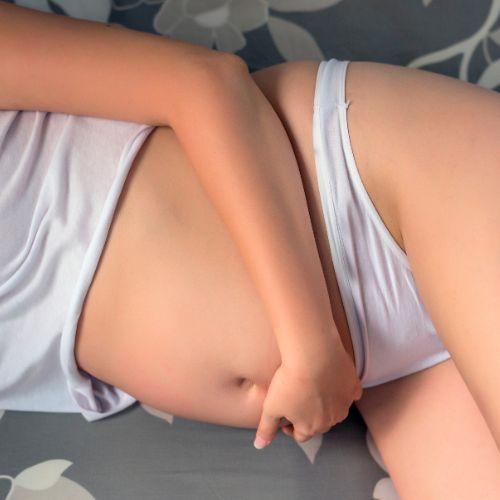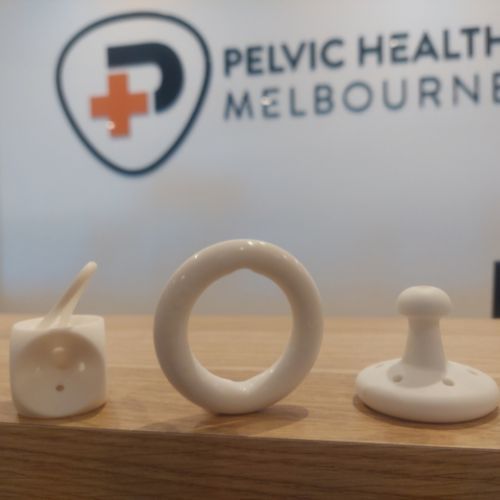One little surprise in pregnancy you didn’t ask for: urinary leakage.

Pregnancy is full of firsts.
One surprise may be urine leakage – urine incontinence.
The pelvic floor muscles are a group of muscles at the base of the pelvis. They contract to hold fluids and solids in and relax to allow them to pass out. Incontinence is when urine, wind or bowel motion escape without your conscious control.
This happens for a variety of reasons:
- The ever-increasing size of foetus, uterus and abdominal fluids
- The hormones of pregnancy - particularly oestrogen - soften the "soft" tissue of the pelvis - this includes muscles and ligaments
- Sudden increase in abdominal and pelvic forces associated with vomiting
- General whole-body weight increase
- Developing a urinary tract infection
- Constipation and straining with bowel movements
- Pre-existing urinary conditions such as urinary urgency, overactive bladder, urinary incontinence
- Pre-existing respiratory conditions that include coughing
The above first five reasons for urine loss relate to the downward forces overwhelming the available strength and speed of the pelvic floor muscles in contracting.
Urinary tract infections (UTIs) irritate the bladder wall and make it more irritable. Generally, there is increased urinary frequency, urgency, incontinence and pain with UTIs. It is important to have all UTIs treated by a medical doctor – especially in pregnancy. Symptoms tend to take a while to settle – often up to 6 weeks following a UTI.
Constipation and straining have several effects. The pelvis is a small space. A full rectum takes up space – a filling bladder will come into contact with the full rectum sooner, signalling the spine and brain that it is full – sooner. Another issue is with straining – a difficult and forceful bowel motion can cause urine leakage during the motion and in the longer term cause the pelvic muscles to lose efficiency and weaken.
What are the statistics?
A study this year by Moossdorff-Steinhauser and others surveyed 407 women during pregnancy and found a high rate of urine incontinence. The incontinenc e increased over the pregnancy from 55-70%. That is very, very common! The incidence of urine loss worsened with subsequent pregnancies and with pre-existing problems.
Surprisingly only 13% of those surveyed asked for professional help. Of course, as a generalisation, those who sought help improved.
How can you help yourself?
Please see your medical doctor if you suspect a UTI. Please do not put with a UTI during pregnancy. Have a urine test to determine the most appropriate antibiotic for you. A UTI will change bladder function for a long period of time for the worse if left untreated. Do not self-treat with over-the-counter alkalisers.
Avoid caffeine and carbonated drinks if you have a pre-existing overactive bladder issue – urgency and frequency.
Maintain a good fluid and fibre intake to pro mote healthy bowel actions and a normal weight range.
Accept that there will be some change due to hormones which may improve once the pregnancy has finished…….BUT seek help in the meantime.
How can an expert pelvic physiotherapist help pregnant women with this urinary incontinence?
See an expert pelvic health physiotherapist who can assess your urine problem, current and past history and perform an examination to determine what you should do. This will include learning how to perform pelvic floor muscle exercises well and developing a regime – when to do the exercises.
It is preferable to see a physio while you have the problem. But most definitely, recommended to see a physiotherapist in the early postnatal period -4-8 weeks postnatally. The physiotherapist can assess all ante-natal and post-natal physical concerns to formulate an individual plan for you.
Pelvic Health Melbourne has a number of expert pelvic physiotherapists who can help you address your urinary incontinence. We look forward to helping you.
Source:
https://link.springer.com/article/10.1007/s00192-020-04566-0 Moossdorff-Steinhauser, H.F.A., Berghmans, B.C.M., Spaanderman, M.E.A. et al. Urinary incontinence during pregnancy: prevalence, experience of bother, beliefs, and help-seeking behavior. Int Urogynecol J (2020).
The post One little surprise in pregnancy you didn’t ask for: urinary leakage.appeared first onPelvic Health Melbourne.
Written by our wonderful Pelvic Health Physiotherapy Expert - Annette Beauchamp
More from the blog







